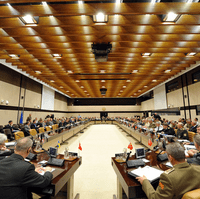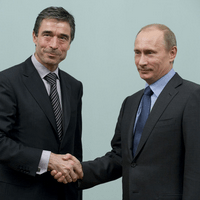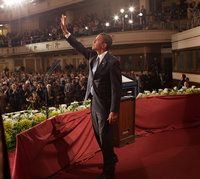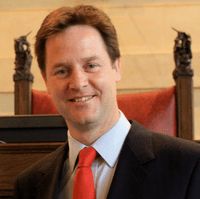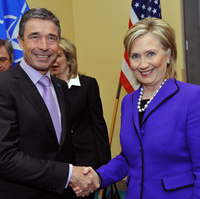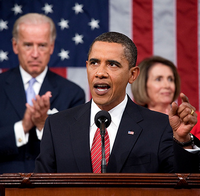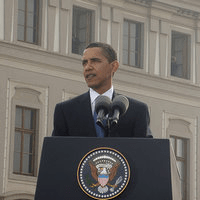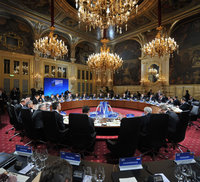
Last week, at West Point, President Barack Obama sounded a familiar theme that all recent U.S. presidents have lamented, when he said, “The burdens of this century cannot fall on our soldiers alone. It also cannot fall on American shoulders alone.” Obama also reiterated time-honored propositions in his promise to “be steadfast in strengthening those old alliances that have served us so well,” and his desire “to build new partnerships, and shape stronger international standards and institutions.” The just-released 2010 National Security Strategy of the United States continues this approach, declaring, “Alliances are force multipliers: through multinational cooperation and coordination, […]

